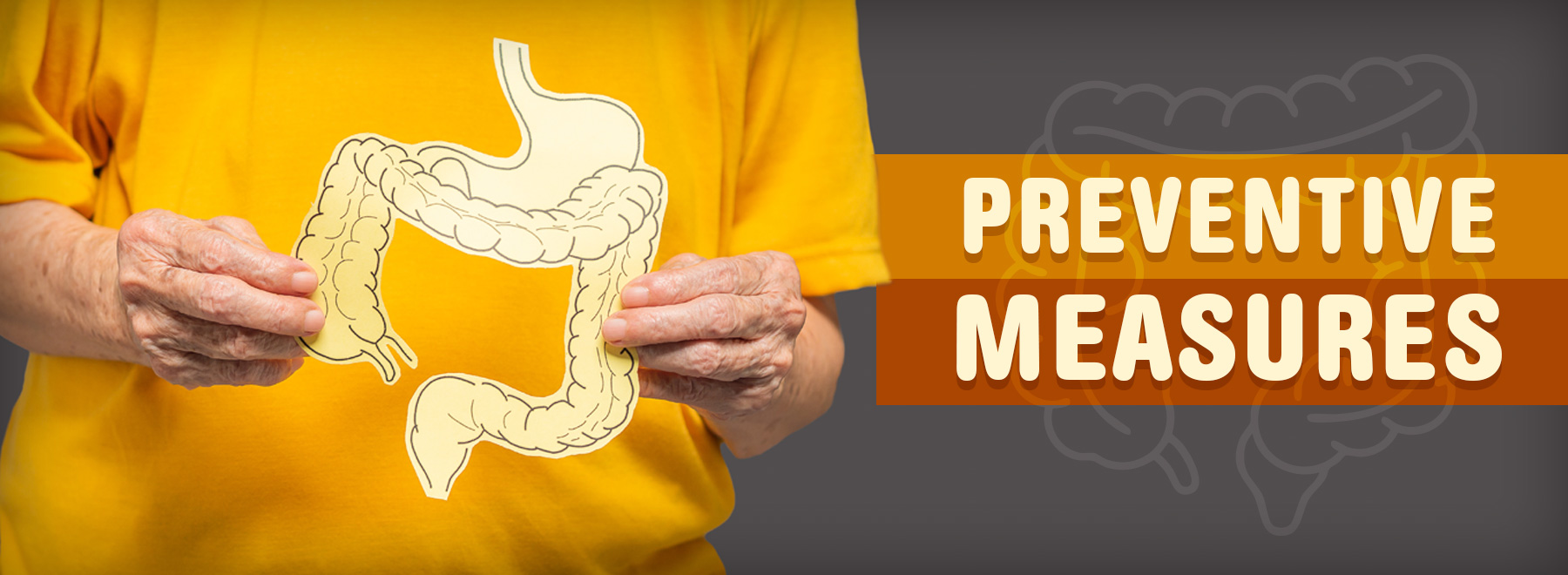Lifestyle, diet changes key to warding off appendix cancer
Cases of appendix cancer are rising nationally and among patients treated by UMMC specialists, following similar trends for colon cancer.
Rates of appendix cancer were three times higher among those between 40 and 50 years old and four times as high for patients between 35 and 45 compared to people born in the 1940s, according to a report in Annals of Internal Medicine. The study involved a look at 4,900 adults diagnosed in the U.S. between 1975 and 2019.
The uptick seen in the local population can be tied to the usual suspects for risk factors of cancer in general.

“We have observed an increase of appendix cancer, which is part of the trend nationally,” said Dr. Shannon Orr, associate professor of surgery and surgical oncologist. “While the exact cause is unclear, contributing factors may include rising obesity rates, poor diet, gut microbiome changes and environmental toxins.”
Those about to enter middle age are encouraged to ward off the risk of all cancers by maintaining or adjusting their diet accordingly and keep regular checkups with a primary doctor, Orr said.
“Patients are encouraged to maintain a healthy weight, follow a fiber-rich diet low in processed foods, avoid unnecessary antibiotics and stay physically active,” Orr said. “Persistent abdominal symptoms should prompt medical evaluation for early detection and treatment.”
The finger-shaped human appendix averages 9 millimeters in length, which is just over three-tenths of an inch, and is connected to human appendix to the cecum, which is a pouch-like structure at the patient’s right side of the large intestine. Research on the role of the closed-ended tube has changed in recent decades. Once thought to be strictly a vestigial organ (functionless), the appendix is now seen as having a part in housing beneficial gut bacteria.
When inflamed, the appendix thickens in size and becomes quite the pain – in the side, mainly – prompting its removal either by surgery or by antibiotics.
Researchers in the Annals report found cancers there and in the colon held true for all tumor types. Related studies have found patients with appendix cancer experienced several months of abdominal pain, bloating and pelvic pain before diagnosis.
Rates of colorectal cancer, the second-leading cause of cancer death, have also increased steadily, particularly since the 1990s. UMMC specialists now recommend people get screened for colon health by age 45 instead of 50.

“To stay ahead of the risks for all cancers in this area, you should get a colonoscopy every 10 years starting at age 45 through at least 75,” said Dr. Kelly Brister, associate professor of surgery and board-certified colorectal surgeon. “It should be done more frequently or earlier if you’re in a high-risk group, which includes people with a personal or family history of colorectal cancer or polyps.”
Earlier screening is also recommended for those with a history of inflammatory bowel disease or inherited genetic disorders such as Lynch Syndrome or Familial Adenomatous Polyposis Syndrome, Brister said.
UMMC Cancer Center and Research Institute offers one of the few programs in the southeast and the only one in Mississippi to offer Cytoreductive Surgery with Hyperthermic Intraperitoneal Chemotherapy (HIPEC) for the treatment of advanced appendix cancer.
For screenings and checkups related to colon and appendix health, call 601-984-5100, option 1.
The above article appears in CONSULT, UMMC’s monthly e-newsletter sharing news about cutting-edge clinical and health science education advances and innovative biomedical research at the Medical Center and giving you tips and suggestions on how you and the people you love can live a healthier life. Click here and enter your email address to receive CONSULT free of charge. You may cancel at any time.



